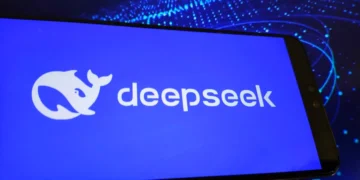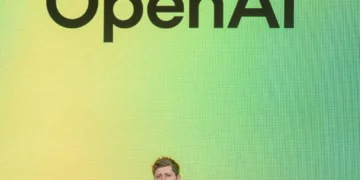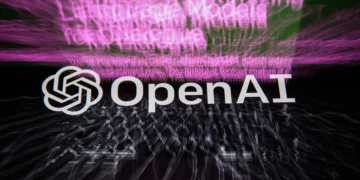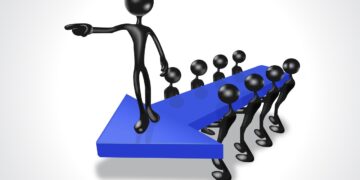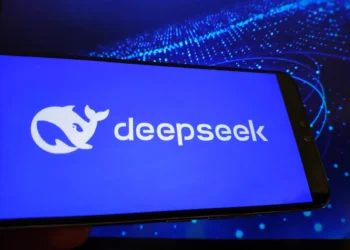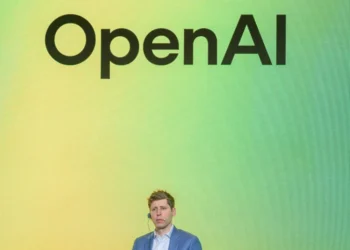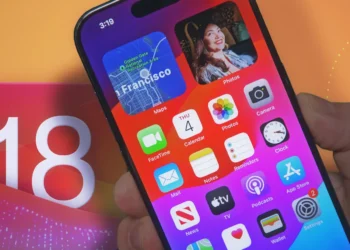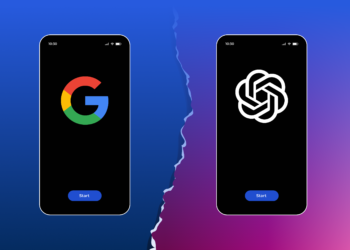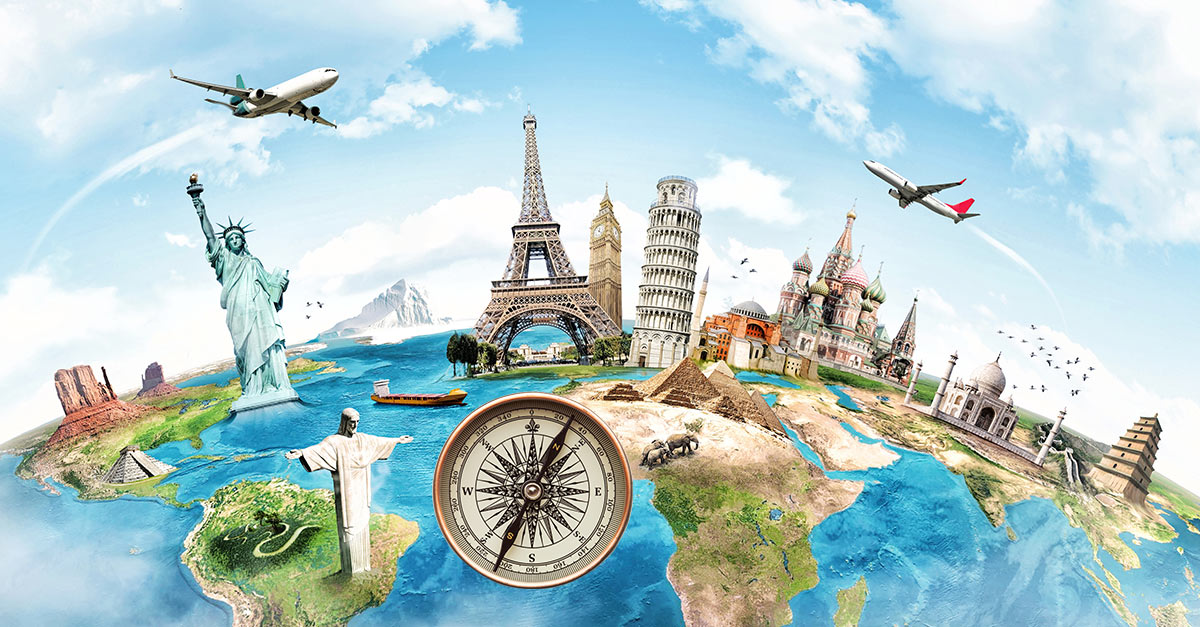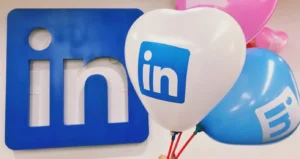
LinkedIn, the renowned social platform owned by Microsoft, has long been recognized as a hub for professional networking, knowledge acquisition, and recruitment, boasting over 900 million users. Now, in a strategic move to enhance user engagement, the platform is venturing into a new realm: gaming.
Egeronix has gathered and verified information confirming LinkedIn’s development of a gaming experience. This initiative will leverage the growing popularity of puzzle-centric games, akin to the viral sensation of Wordle, to captivate millions of players.
App researchers have uncovered evidence pointing to LinkedIn’s gaming endeavors. Notably, Nima Owji, among others, has observed code suggesting potential features, including a concept where player scores are attributed to their respective workplaces, essentially ranking companies based on gaming performance.
BREAKING: #LinkedIn is working on IN-APP GAMES!
There are going to be a few different games and companies will be ranked in the games based on the scores of their employees!
Pretty cool and fun, in my opinion! pic.twitter.com/hLITqc8aqw
— Nima Owji (@nima_owji) March 16, 2024
A spokesperson for LinkedIn has confirmed that it is working on gaming, but said there is as yet no launch date.
“We’re playing with adding puzzle-based games within the LinkedIn experience to unlock a bit of fun, deepen relationships, and hopefully spark the opportunity for conversations,” the spokesperson said in a message to Egeronix. “Stay tuned for more!”
The spokesperson added that the images shared by the researcher on X are not accurate. We’ll update this post if and when we can source something more up to date.
LinkedIn’s owner Microsoft is a gaming behemoth. Its games business — which includes Xbox, Activision Blizzard and ZeniMax — brought in $7.1 billion in revenues last quarter, passing Windows revenues for the first time.
The LinkedIn spokesperson declined to say how and if Microsoft is involved in the gaming project at LinkedIn.
Games are regularly among the most popular apps for mobile phones and PCs — both in terms of revenues and engagement — and puzzle-based casual games has been one of the most popular categories in the space among mobile users. Non-gaming platforms have long tapped into these facts to boost their own traffic — arguably a trend that preceded the internet, if you think about the popularity of crosswords and other puzzles in newspapers and magazines.
The New York Times, which acquired the viral hit Wordle in 2022, said at the end of last year that that millions of people continue to play the game, which is now part of a bigger platform of online puzzles and games developed by the newspaper.
Others that have doubled down on gaming have seen mixed results. Facebook, the world’s biggest social network, has been a major driver of social gaming over the years. But in 2022 it shut down its standalone gaming app amid a decline in usage: it’s putting significantly more focus these days on mixed reality experiences and its Meta Quest business.
Over the years, LinkedIn has tried out a number of different new features over the years to boost how and how much people use its platform, with the strategy possibly best described as: “how can we take the most popular tools people are using right now and make them relevant to LinkedIn’s audience and focus on the world of work?” Those have ranged from efforts in online education and professional development, through to a publishing and news operation, bringing in more video tools and courting creators and influencers.

